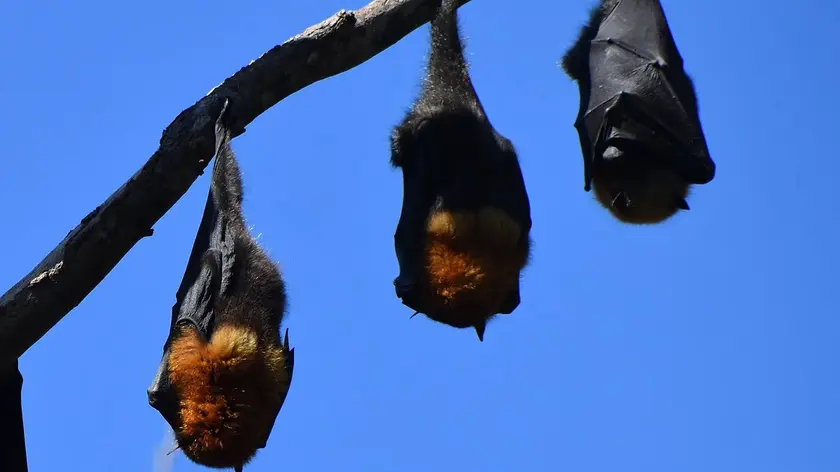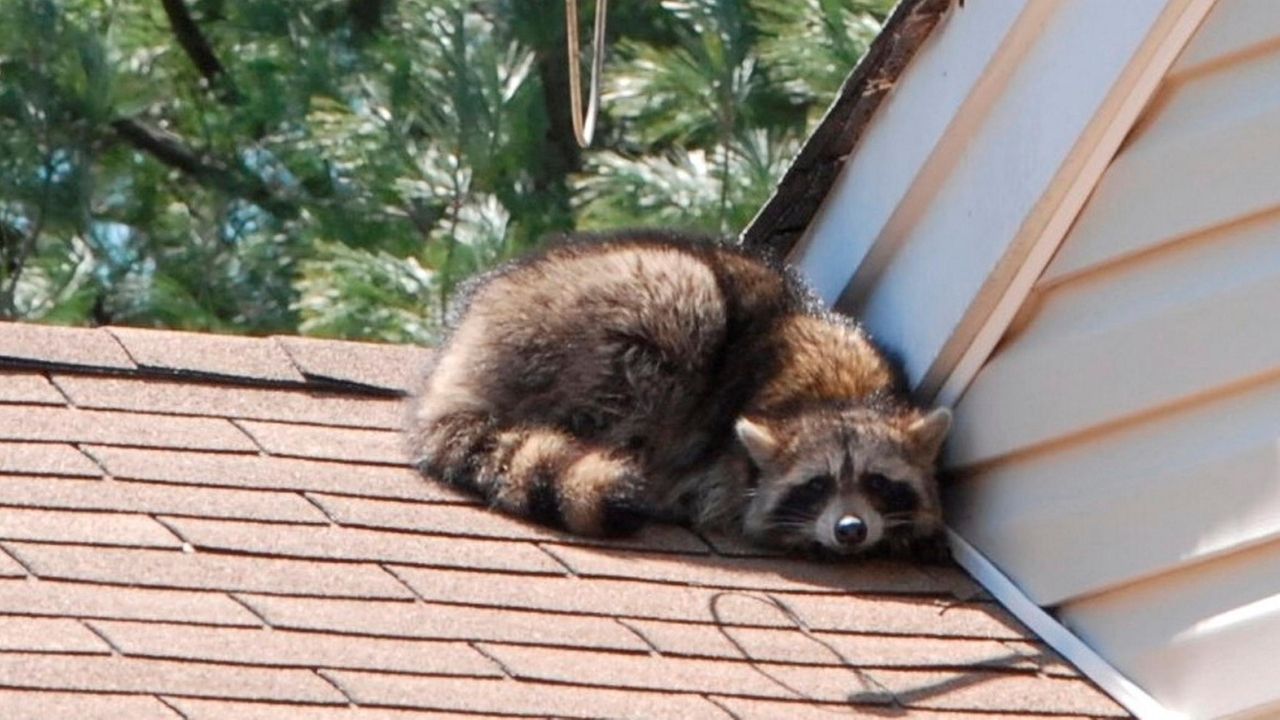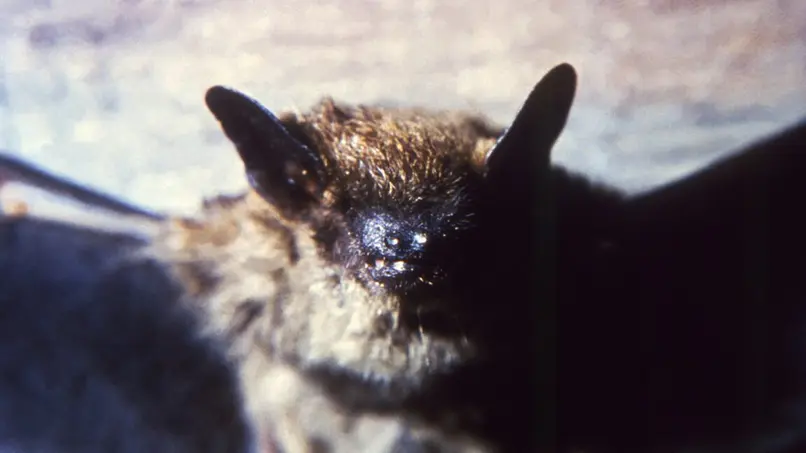T4K3.news
Rabies risk prompts nationwide warnings
Wildlife rabies cases are rising; authorities urge vaccination for pets and quick medical care after potential exposure.

Rabies cases are rising among wildlife across the United States, raising risk for outdoor activities and pets.
Officials warn once-eradicated rabies now a threat to millions of Americans
Rabies cases tied to wildlife are rising across the United States, prompting warnings from dozens of counties from Maine to Wyoming. The dog variant that once threatened humans was declared eliminated in 2007, but bats, raccoons, skunks and foxes still carry the virus. Unvaccinated dogs can contract canine rabies and pass it to people, so health officials urge pet vaccination and caution around wild animals. The CDC says more than 90 percent of animal rabies cases involve wildlife.
Recent incidents include two dogs in Campbell County North Carolina near a fox that tested positive for rabies, and a bat colony at Jackson Lake Lodge in Wyoming that led to potential exposures for more than 200 visitors from 38 states. A fox attack in Aberdeen North Carolina left two residents being treated, and a 77 year old man was bitten by the same animal on his birthday. Public health teams say rapid post exposure treatment can prevent death; awareness and early medical care are key for travelers and residents.
Key Takeaways
"What we’re really concerned about is certainly people who have had actual physical contact with bats because the way that rabies is spread is through the bat’s saliva."
State Health Official Alexia Harrist on transmission
"Although there were a lot of people exposed in this incident, one positive about it is that we know who 100 percent of those people are."
Travis Riddell on exposure tracking
"We’ve already doubled the number of confirmed rabies cases in Franklin County this year, more than all of 2024, and this season is not even close to being over."
Franklin County Health Director Scott LaVigne
"Rabies is not a relic of the past it is a warning we can’t ignore."
Editorial closing line
The trend shows wildlife is the primary carrier now, not domestic dogs. That shifts how communities message safety, how clinics stock vaccines, and how tourism boards plan summer programs.
Public health messaging has to reach hikers, campers and pet owners alike. The spike tests the capacity of local health systems to conduct rapid outreach and contact tracing when many visitors are involved. The incidents across popular spots signal that safety steps must be simple and practical: keep vaccines up to date, avoid wild animals, supervise children, and seek care quickly after any bite or scratch. The stakes are high because even a single delay can be fatal.
Highlights
- Rabies is a danger we can prevent with vaccination and prompt care.
- We know who is exposed and what to do next.
- Summer outdoors must be safer with awareness and vaccines.
- A bite or scratch can change a life in days.
Public health risk from wildlife rabies surge
Rabies infections in wildlife have spiked across several states, leading to warnings for outdoor activities and pet vaccination. The situation may strain local health budgets and prompt public reactions.
Safety is practical and within reach through vaccination vigilance and fast treatment.
Enjoyed this? Let your friends know!
Related News

Rabies declared public health threat in Nassau County

Travel warning for Turkey issued by Foreign Office

Neurologist shares severe risks of cat scratches

New York Declares Public Health Emergency for Rabies

Rabies exposure alert at Grand Teton lodge

Greece initiated weather alerts for high temperatures

Botulism outbreak prompts broccoli recall

Cheese recall issued for listeria and rodent concerns
